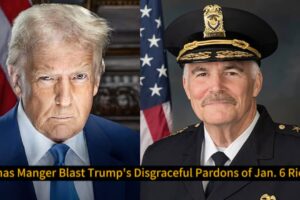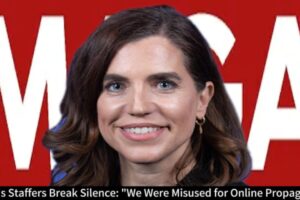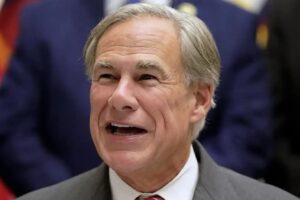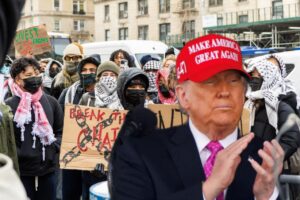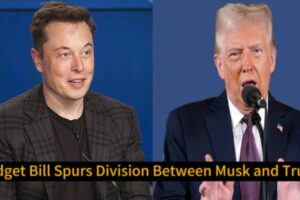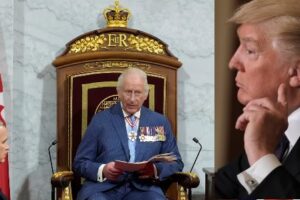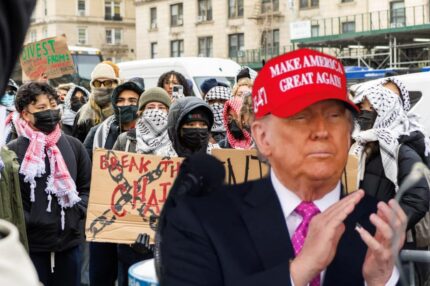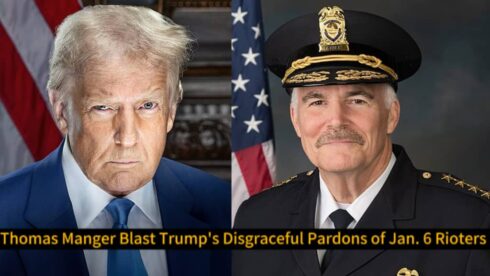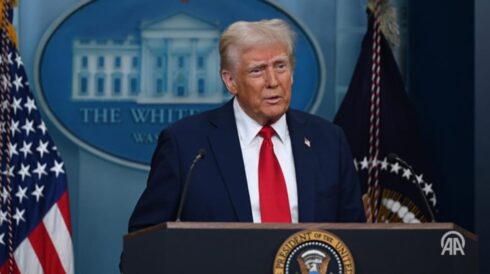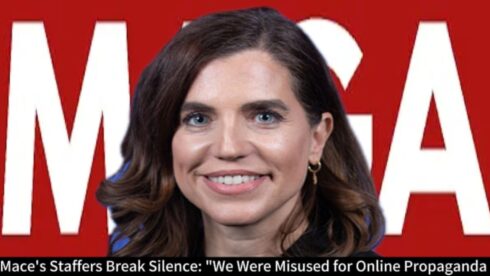In a sweeping escalation of its immigration enforcement agenda, the Trump administration has ordered U.S. embassies worldwide to pause new student visa appointments while preparing to implement expanded social media vetting for all international student and exchange visa applicants. The move comes amid an intensifying crackdown on elite academic institutions accused by the administration of enabling antisemitism under the guise of pro-Palestinian activism, with significant implications for university funding, international relations, and student rights.
Visa Appointments Frozen Amid Vetting Overhaul
In a cable issued to U.S. embassies on Tuesday, Secretary of State Marco Rubio instructed diplomatic missions to immediately halt the scheduling of new appointments for student and exchange visas. Only applicants with existing appointments will be processed, and even that is subject to change pending further instructions. The suspension, which will last “until further guidance is issued,” is framed as a logistical necessity to prepare consular offices for what the State Department calls a “significant” expansion of social media screening protocols.
The memo, verified by senior State Department officials, emphasized that embassies should remove any unfilled student visa appointments from their systems. This directive comes as the Trump administration finalizes an overhaul of visa vetting measures, particularly in response to recent pro-Palestinian protests on U.S. campuses that officials allege have included antisemitic rhetoric and behavior.
Focus on Social Media as National Security Tool
The Trump administration’s revised policy will intensify scrutiny of applicants’ digital footprints. While previous administrations had already introduced limited social media reviews for visa seekers, the forthcoming changes will reportedly make such vetting a mandatory part of the student visa process.
According to officials, the social media expansion will include reviews for antisemitic content and posts deemed to threaten public safety or reflect potential coordination with hostile foreign entities. In April, the Department of Homeland Security (DHS) announced it would weigh “antisemitic activity on social media” as a basis for denying visas — a controversial move that civil liberties advocates say threatens First Amendment protections.
Trump administration Crackdown on Universities Draws Legal and Global Backlash
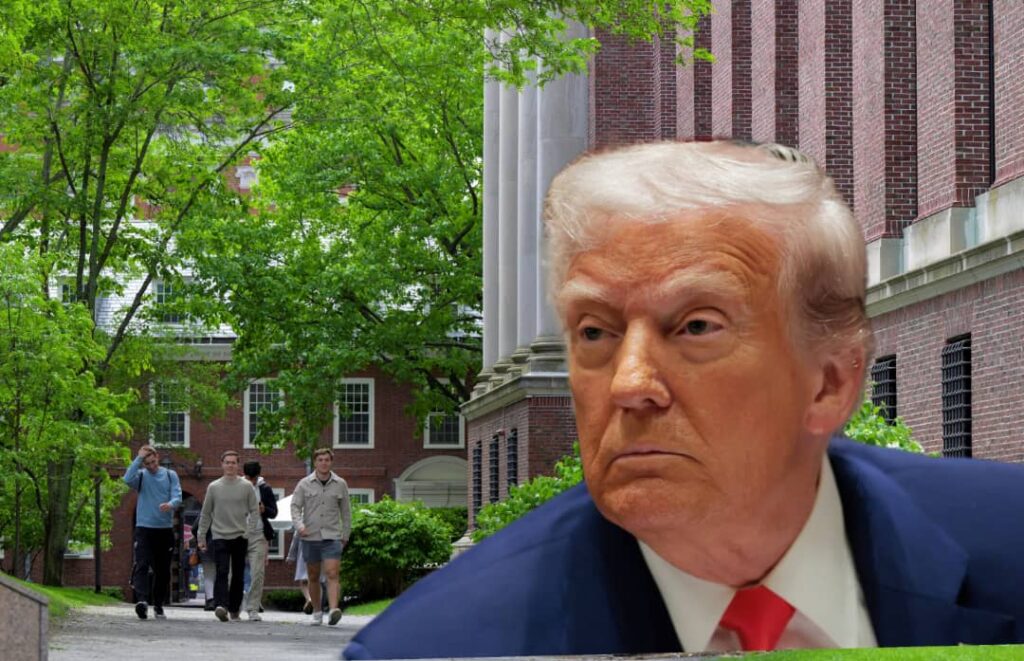
The visa freeze and vetting expansion are part of a broader federal effort targeting academic institutions seen as hostile to the administration’s worldview. President Trump has repeatedly accused top universities — particularly Ivy League schools like Harvard — of tolerating antisemitism and harboring political extremism. As a result, federal grants and research funding totaling billions of dollars have been frozen or placed under review.
Last week, DHS informed Harvard that it could no longer enroll international students or host foreign researchers. The administration accused the university of fostering “violence” and “collaboration with the Chinese Communist Party.” A federal judge blocked the order, but university officials warn that continued pressure could jeopardize critical academic programs and chill free speech on campuses.
Legal Challenges and Court Interventions Mount
Several measures taken by the administration to revoke or deny student visas have already faced significant legal resistance. Courts have blocked attempts to terminate the legal status of thousands of students and halted deportations of foreign students involved in political activism. Some of these students, including those with green cards, have been accused of posing “adverse foreign policy consequences” for their participation in pro-Palestinian demonstrations.
Civil rights groups have argued these actions amount to unlawful retaliation for political expression. Attorneys representing students like Columbia University’s Mohsen Mahdawi and Mahmoud Khalil contend that visa revocations based on campus activism infringe on constitutionally protected rights. Still, the administration maintains its authority to deny entry or deport individuals deemed threats to national security or public order.
Economic and Academic Fallout for U.S. Institutions
Universities across the country — especially those heavily reliant on international students — are bracing for financial fallout. Foreign students often pay significantly higher tuition fees and represent a crucial revenue stream for many institutions. Beyond economics, the policy shift could undermine the United States’ position as a global academic leader.
Academic leaders warn that the policy will erode trust among international applicants and deter top global talent from choosing U.S. institutions. “This isn’t just about dollars,” one university official stated. “It’s about the future of science, innovation, and diplomacy.” Schools that have publicly criticized the administration’s actions say they are being punished for defending civil liberties and fostering diversity.
Diplomatic Tensions Rise Over Treatment of Foreign Students
The Trump administration’s student visa policies have also drawn sharp criticism from foreign governments. China, whose nationals make up the largest group of international students in the U.S., issued a stern response, urging Washington to “earnestly safeguard the legitimate rights and interests of international students.” Chinese officials said these measures could worsen already strained diplomatic relations between the two superpowers.
Other nations, particularly in Europe and the Middle East, have expressed concern over the potential targeting of students based on political or religious expression. The U.S. has long prided itself on being a beacon of academic freedom and opportunity — a reputation now at risk under what many see as a politicized immigration agenda.
Outlook: Further Escalation or Legal Reversal?
With expanded social media screening looming and legal challenges mounting, the future of international student policy in the U.S. remains uncertain. The Trump administration appears resolute in its stance, asserting that national security and the fight against antisemitism justify these aggressive measures. President Trump has defended the policy as a “pro-freedom” initiative to ensure U.S. universities remain safe and ideologically balanced.
However, federal courts, university leaders, and civil rights organizations continue to push back. The coming months will likely see a flurry of court rulings, campus protests, and diplomatic engagements — all centered on a fundamental question: Can America’s commitment to academic excellence and free expression coexist with the Trump administration’s security-driven immigration reforms?

